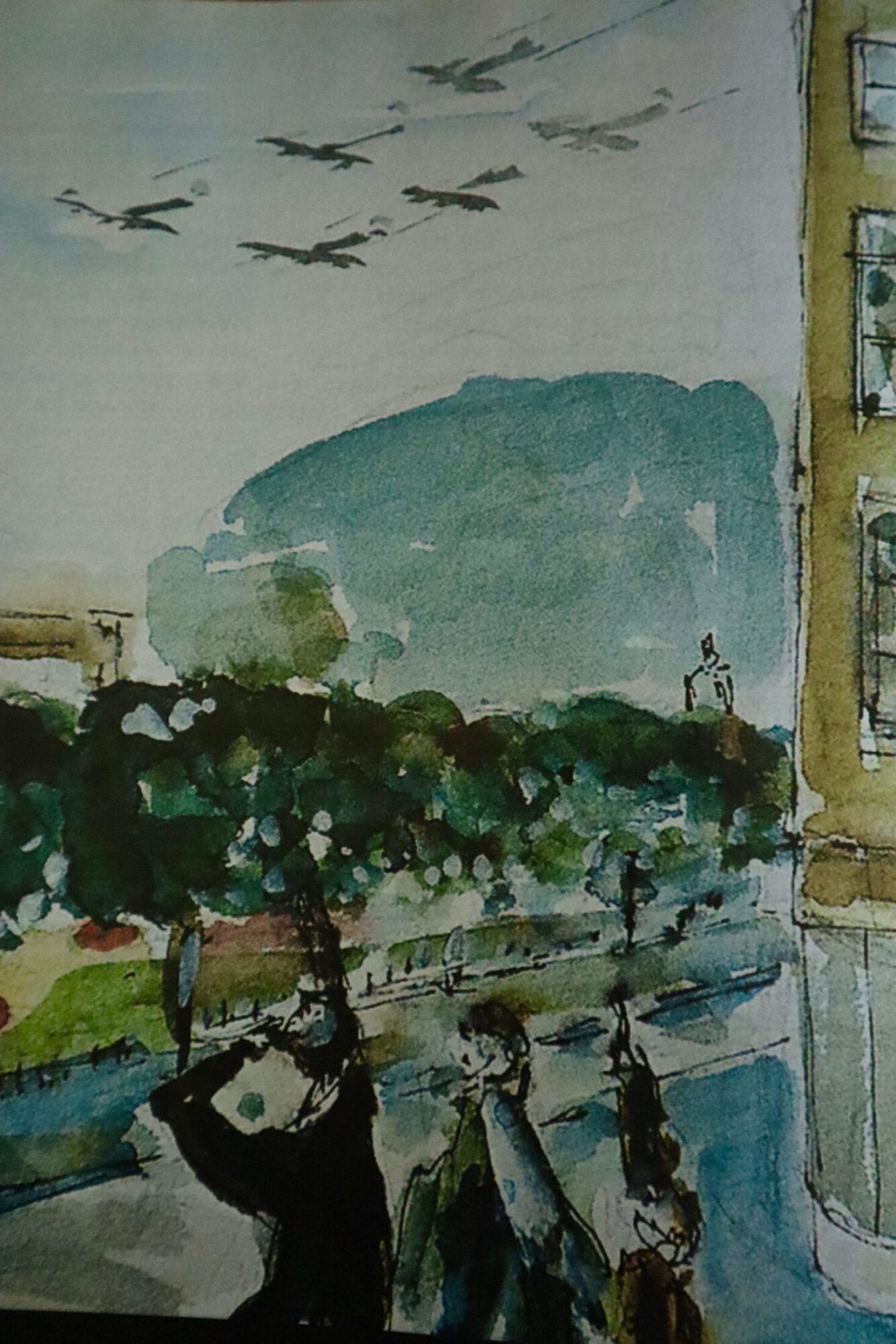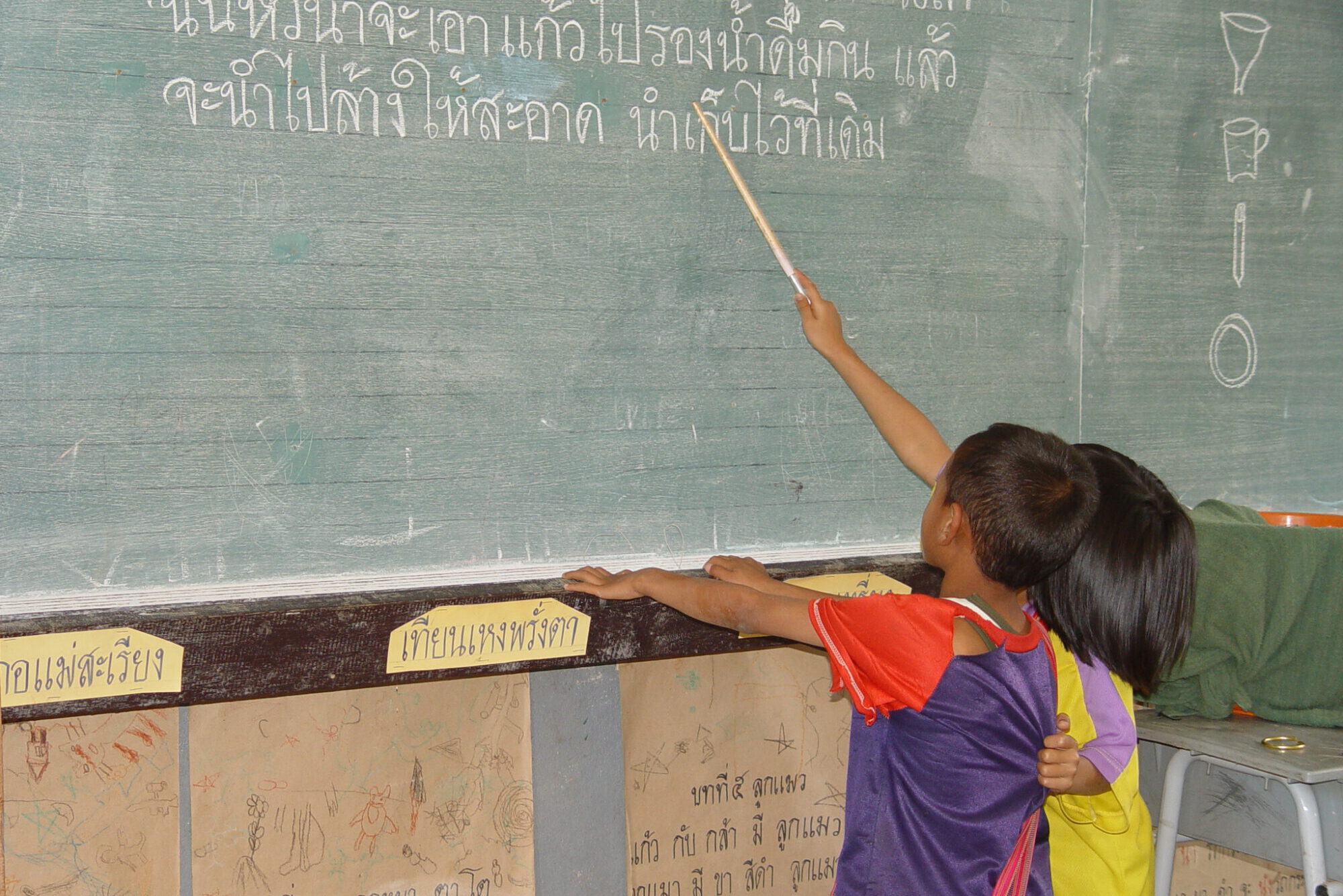Nijmegen in the Frontline
I lived in the Dutch city of Nijmegen (Map). from birth in 1952 to 1970. When I was young my parents often told about the war.
Although Nijmegen had already been liberated by the Allies in September 1944, the city remained at the front until May 5, 1945. In the battle for the important rivers De Waal and De Rijn between the occupying German armies and the liberation armies of Americans, British and Canadians, the city was in the line of fire for another 7 months. Hundreds more were killed and injured among the military and civilian population of Nijmegen. The population often lived in their own cellars or in public air raid shelters, because the city was regularly under shell fire. American soldiers, later replaced by Canadians and British soldiers, flooded the streets.
Judging by the diaries of my parents, this period left a deep impression that they would carry with them for the rest of their lives.
The Destruction of Nijmegen in 1944
Nijmegen Leave Center
Front city Nijmegen became a garrison city after the liberation in September 1944. During the following five months, Nijmegen turned into one large military encampment: the necessary preparation for the great Rhineland offensive, which finally broke the German resistance in the spring of 1945. During this period, the contacts between Nijmegen citizens and foreign military personnel are very intensive. Many thousands of allies had to be billeted in civilian houses. At one point Nijmegen had about 150,000 allied soldiers, out of 80,000 of its own inhabitants. Nijmegen also became a ‘leave-center’, the place to spend military leave.
Nijmegen became the entertainment city for the English and American soldiers for film and especially for dancing. In their own clubs they could recover from the horrors of the war with music and dance. The reasonably undamaged building ‘De Vereeniging’ was a suitable place for this, although the army command also claimed cafes and schools for this.
Despite the enormous danger, the feeling of freedom and the need for relaxation and entertainment were given an outlet on dance evenings. The allied soldiers and the girls from Nijmegen could swing openly to songs such as Lady be good, Honeysuckle rose, In the mood and Boogie Woogie.
The free style of dancing, drinking and the soldiers who had long been separated from home and wife sometimes caused major problems. At the dance evenings, young girls found themselves in undesirable situations, according to pastors and concerned parents.
My father played in bands for the Allies
My father, Jan Hendriks, then 19 years old, played piano and accordion with various bands for the Allies and the Nijmegen girls on those dance evenings. Other than the band members, Nijmegen boys were not allowed in. So my father had a unique experience as a boy.
When his diary about the front city of Nijmegen was published 50 years after the war, he also added drawings, such as his impressions of those dance evenings.
My father’s drawings
My father, as an 85-year-old, looks back on the time he played for the Allies
My father plays “Oh Lady Be Good” on the piano in De Vereeniging
My mother danced with the allied soldiers
My mother, Ans Verhees, was 17 years old in September 1944. My parents did not know each other during the war. That would not happen until 1946. They both lived in Nijmegen. And even though my mother was actually too young to take part in the dances with the Allies, she went anyway. The Canadian and English soldiers, who were billeted in their house, invited her and her sister Riek, six years older, to go dancing. And who knows, maybe my father played the dance music on those evenings.
A page about the dance evenings with the English and Canadian soldiers
from the diary my mother wrote during the war
Thursday 12 October, 1944
The sick have had real white bread! But what those men don’t eat! That much! I was allowed to bind up the wounds, I’m so happy to be in the men’s department! At least it’s not that much gossip. In the evening, unexpectedly, because I wouldn’t go as I don’t dance very well, I do go to a dance party! With Ellie and four English soldiers and Riek, my sister, was there with Wimpy. We went in two different cars. We were there at 7 o’clock. We refused two dances; then all the girls had to dance in a circle, the soldiers in a circle behind them, until the music stopped. You had to dance with the boy you were standing in front of. Now I had my very first dance on a real dance floor, with a Tommy. And… it went well, in fact. I told him I had never had any lessons. He said it was going very well and if I stepped wrong and stepped on his toe he corrected me. Well, I haven’t sat still a lot, but to danse a whole quickstep, that’s still too fast for me. Then we held a polonaise “we are going to Zandvoort at the sea!” When checking the tickets on the trip to Zandvoort, the boy had to give the girl a “kiss”. Then ride a donkey on the back of the soldier. It was so much fun. We got biscuit with very thick corned beef. A soldier had arranged a whole can for me. I shared it honestly with him, taking turns each taking a bite. We got as much tea as we wanted. The light went out unexpectedly in the bar, I won’t write down what happened then. Back in the hall the girls had to find the right shoe which was thrown into a heap. The boys standing in a circle around the heap and at the signal they flew towards it, the shoe they took they had to find the girl, put on and dance along. It went on like this all evening. Crazy idea to go out with the Tommys. We got home at half past one. I was home 5 minutes earlier as Riek. We had nice people to take us home. Mac hadn’t been with us. Delicious soup at home made by Wimpy. Then Mac suddenly came home to ask if we were still going to N0 6 there was dancing. Now we were still allowed to go. It lasted until half past four. We danced, sang and Wimpy accompanied us with his guitar. Mac dances wonderfully, that is such a real gentleman dead straight and a very small mustache that stings a lot! I only slept 3 hours of the whole night because at 6 I had to get up again. Back to work at 7am! That’s how it should be!
My mother, as an 83-year-old, tells about the contact between the girls and the soldiers in the front city of Nijmegen.
How it ended
My father stopped playing for the Allied soldiers at the end of 1944. His studies in Den Bosch had started again. My mother thought she was going to Canada to live with Tom. But that turned out differently. Tom was stationed as a soldier in Japan and then in England and they lost touch. In 1946, a year after the war, my father and mother met. They are 91 and 90 years old.
They have been asked many times to tell about their life in the front city of Nijmegen for radio and television. During the commemorations, usually around September 18 or May 5, my father played his jazz songs from the war for the public. Three weeks before my father passed away in 2017, he did so for the last time in Cafe de Brebl in Nijmegen on a dance afternoon for young people. At the age of 91, my father played 26 jazz songs in a row. And my mother was asked to dance by one of those youngsters during the last jazz song my father played. The circle is complete.























